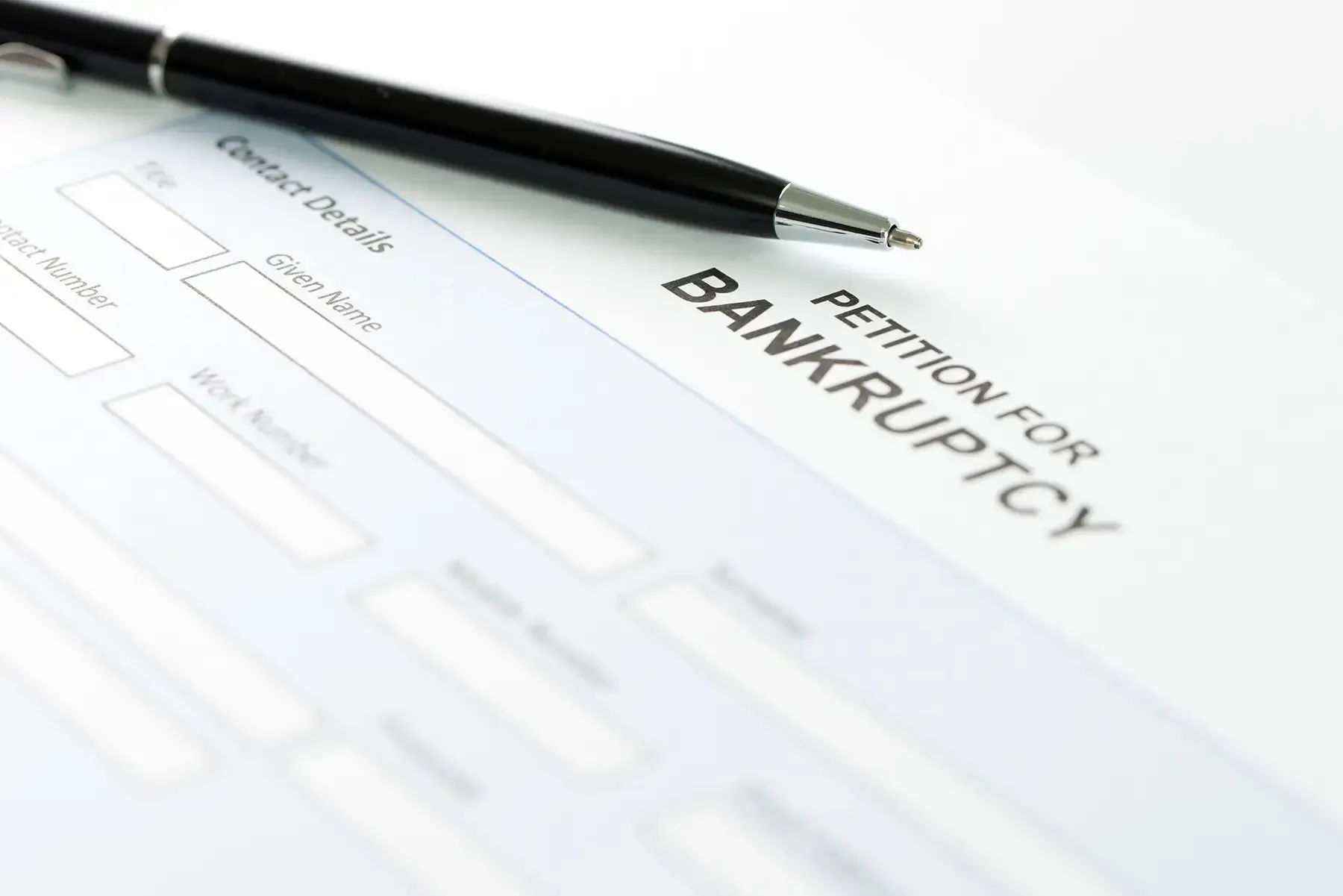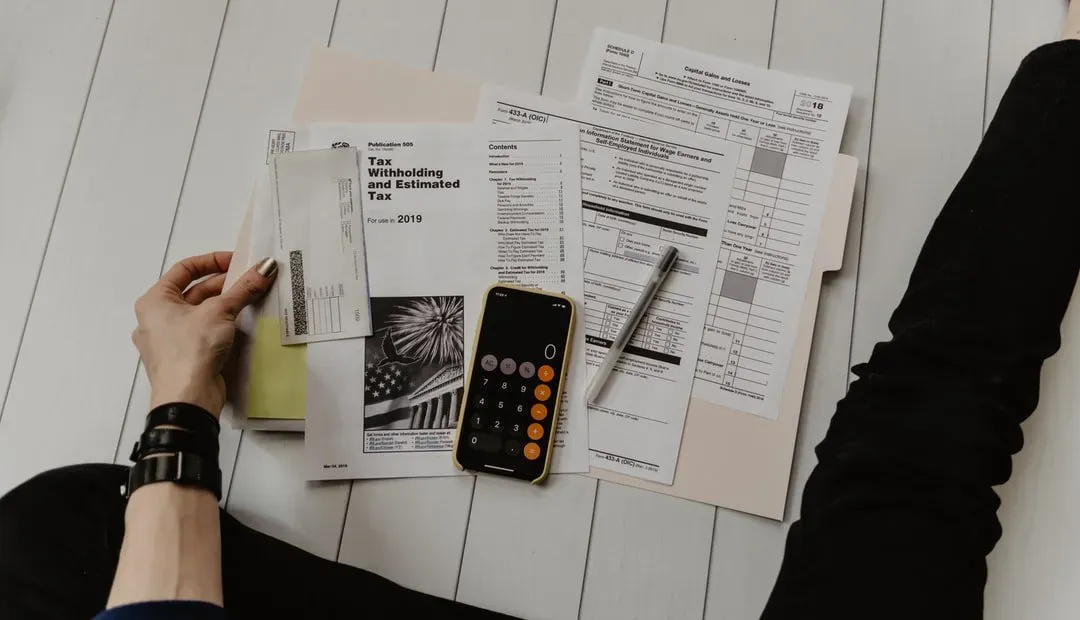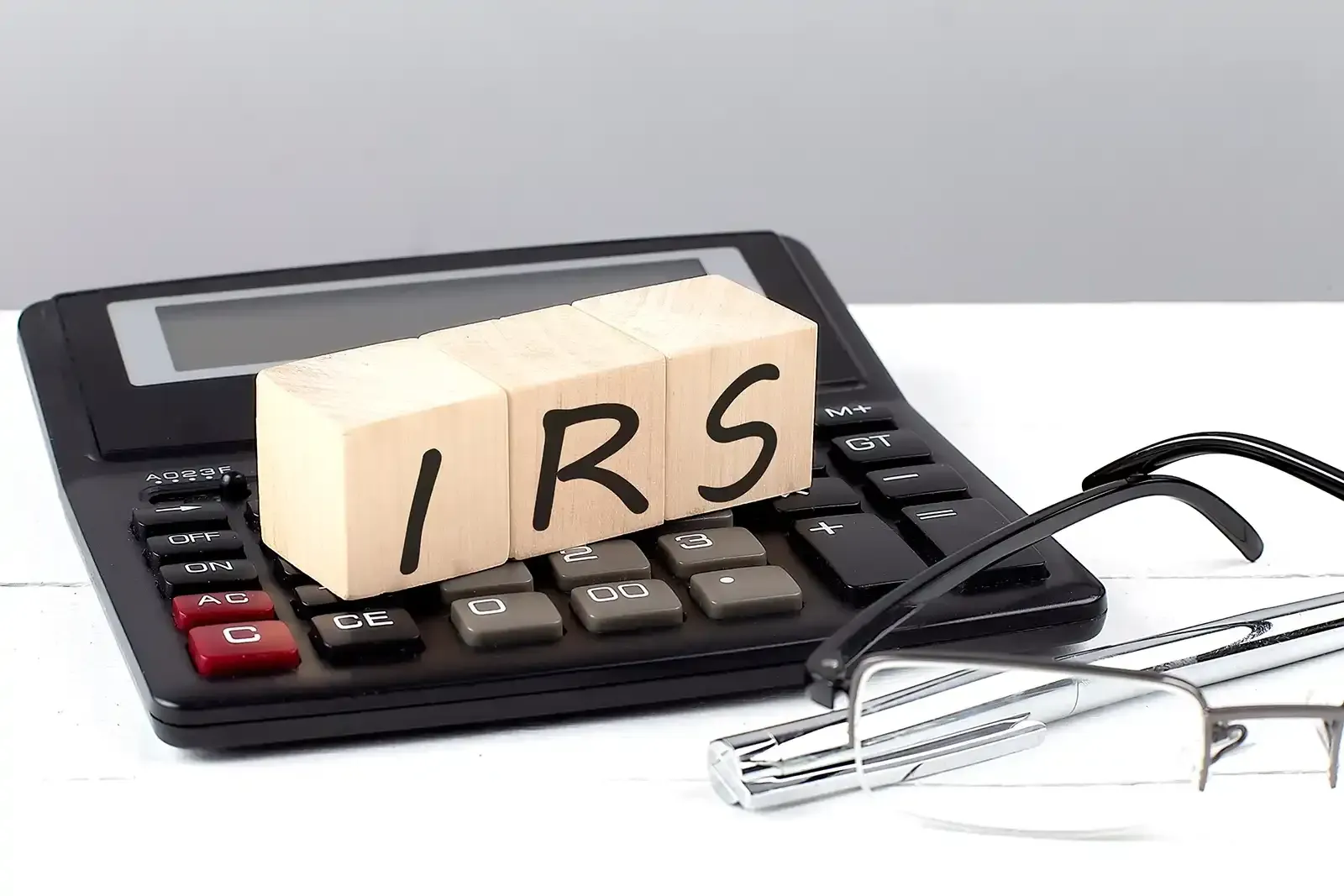Communication could help you avoid foreclosure
Purchasing a home with a mortgage loan represents a commitment. In order to keep your Maryland house, you have to make mortgage payments every month. Your lender reviewed your income and assets before approving your loan to ensure that you could afford the payments. However, at some point over the course of the 15- or 30-year term, you may be unable to pay. What happens next depends on how proactive you are and if your financial situation will allow you to start making regular payments again in the near future.
CONTACT THE LENDER
The first thing you should do if you know you aren’t going to be able to make your mortgage payment on time is to get in touch with your lender. Your loan servicer may not contact you after your first missed payment but could start foreclosure proceedings if you miss more than two in a row. Letting them know about your financial situation may give you access to options such as a repayment plan, forbearance or even refinance. These options might not be available if the lender takes steps to start foreclosing on your home.
SELL YOUR HOME
Some financial troubles are easier to resolve than others. If you weren’t able to make your mortgage payment because you had to replace your furnace, you might be able to recover quickly. However, if you can’t pay because your spouse left and he or she was the primary earner in your household, you may not be able to earn enough money fast enough to keep your house out of foreclosure. In that case, you might be able to avoid a significant decrease in your credit score by selling your home. This might be possible even if you owe more than the house is worth.
The threat of foreclosure may be worrisome, but there are options. It’s important to speak with a representative from your mortgage servicer to discuss the possibility of keeping your house or at least avoiding a foreclosure on your record. A
bankruptcy attorney might help you explore other options that could help.







